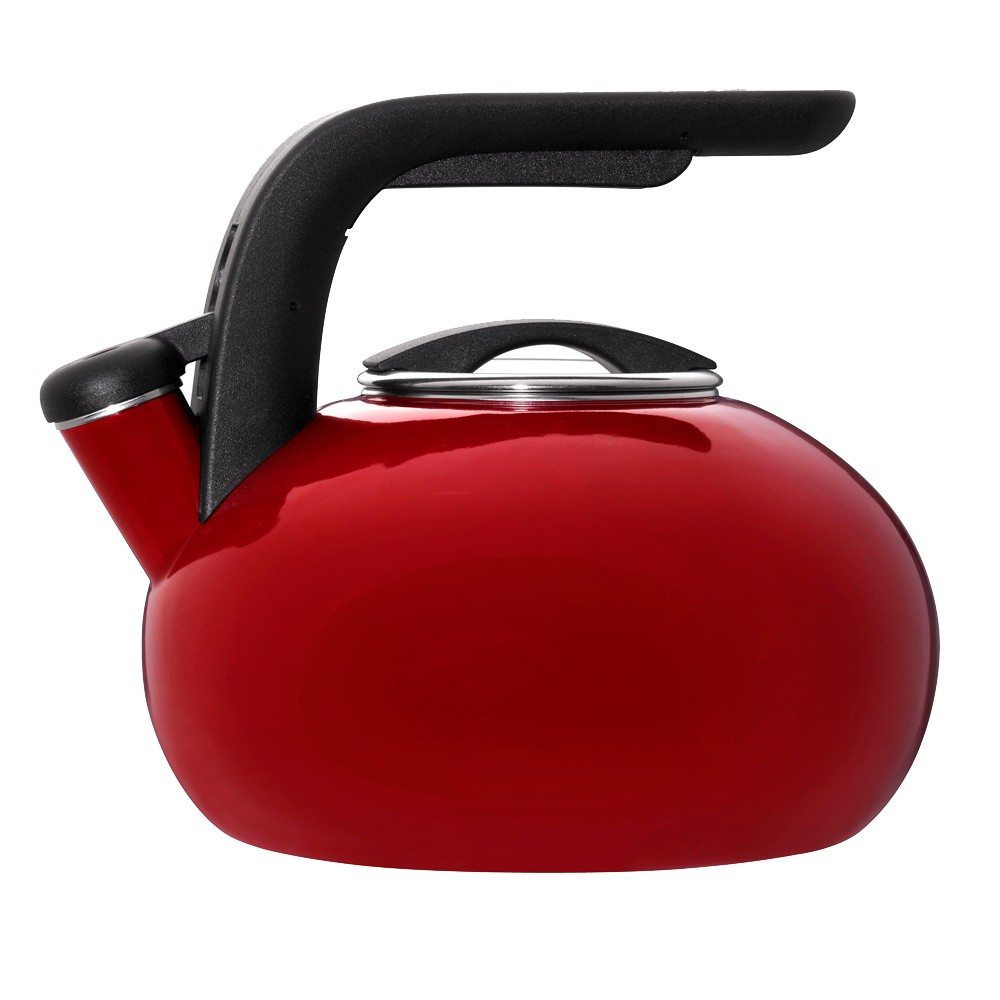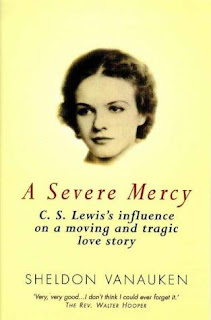However, I have a confession to make. The first time I read it, I didn't like it. Nope, not one bit.
You see, Brideshead Revisited is a difficult book in a lot of ways. For one thing, it's tragic. For another, it has a lot of questionable moral content that makes it unsuitable for a younger audience. Finally, its appeal for Catholics is very subtle, and you might miss it if you're not playing close attention. I missed most of it my first time around.
The thing is, Evelyn Waugh wasn't writing for the casual reader. Waugh was a master literary stylist whose eloquence with the English language was nearly unrivaled. Furthermore, he really "got" human nature and depicted his characters very realistically, in all the complexity of their sins and prejudices and sillinesses. As his greatest work, Brideshead Revisited needs time, patience, and close attention to be really understood.
On top of that, there is no traditional happy ending in Brideshead Revisited. There are no unequivocally "good" characters, and in fact there are very few likable ones. Everyone in the story is deeply flawed, or else a little flat. Everyone makes really awful mistakes and most of the characters suffer deeply. There is a lot of beauty, but there is also a good share of ugliness and a lot of sorrow.
If you prefer clear-cut "good"/"bad" characters and obviously happy endings - and I don't blame you if you do, I often do myself - you might have a hard time liking Brideshead Revisited.
If, however, you are up for reading what Father Robert Barron calls "the best Catholic novel of the twentieth century," here is my unofficial and non-academic guide on how to get the most you can out of it.
1. The first step is to set the scene for the chapters on Oxford, in the first half of the book. Read a little about Oxford's Mercury Fountain and the Bullingdon Club for context.
Those Wikipedia pages are shockingly lacking in the juicy details, by the way. The Mercury Fountain has a small statue of the god Mercury in the center of it (no surprise) which the occasional Oxford undergraduate tries to pull down when inebriated. It has been pulled down three times, and legend has it that each man who got it down went on to become Prime Minister of England.
Despite the threat of a heavy fine, Oxford students still regularly jump in Mercury when drunk and have a go at downing old Mercury. As the statue is now welded to its base, however, this feat is a lot more difficult than it was in years past, and I don't know anyone who has succeeded (although I do know someone who cut his foot on the pedestal while attempting to ensure his future career as Prime Minister. Shhh, don't tell!).
Also, the Bullingdon Club is the most ridiculously exclusive group in British undergraduate life, and probably in the world.
Among other things, they are notorious for destroying restaurants/hotels/clubs that they party in. They leave the place an absolute wreck and then pay the damages, which as Wikipedia accurately notes, makes it "prohibitively expensive" to join.
Of course, being in Bullingdon pretty much guarantees that you'll eventually become Mayor of London or Prime Minister of England. Members of the Bullingdon Club excel at getting into positions of power.
 |
| They also excel at sitting around the place looking pensive in fabulous waistcoats. |
2. Having set the scene for the Oxford portion of the novel, my next recommendation is that you read the chapter on Brideshead Revisited in George Weigel's excellent book Letters to a Young Catholic (most of that chapter is available online).
Warning: the chapter contains plot spoilers. So you may prefer to wait until after you've read the book to read it. But it offers a great philosophical explanation of Brideshead, so I recommend reading it first as a framework for understanding the book properly.
3. My final recommendation is about the way you ought to approach the story. Ultimately, the main actor in Brideshead Revisited isn't actually any of the human characters; it's Divine Providence itself. The book is essentially an extended exploration of how God's grace works - slowly, subtly, and very strangely - on one dysfunctional British Catholic family. It's brilliant and beautiful, and completely imperceptible to non-Catholics, who will absurdly claim that the book is actually about the First World War or something similarly inconsequential to the plot.
As a side note, if you can, try to read it slowly and really savor the language. Waugh wrote so beautifully! It blows me away sometimes. Even some tiny passages, such as the description of a certain wine drunk at dinner in Paris, are evocative, powerful, eloquent, haunting. What Waugh did with the English language was no small feat. I can only dream of someday writing half as well as he did.
Finally, make sure you read the epilogue, and especially the final few paragraphs. They gently convey the point and theme of the entire book.
Anyway, a lot of people whose opinions I respect don't like Brideshead at all, and I can see that their criticisms are valid. It's difficult to relate to many of the characters. The book is sad, sometimes awfully so, and a lot of characters play fast and loose with morality. It's certainly not for everyone.
Perhaps, like me, you really won't like it the first time you read it. In that case, please wait a few months, or even years, and try it again. It worked for me. Perhaps it will work for you too.
And then, please come back and tell me what you think about it.
Special thanks to Brandon, whose question inspired this post.
Also, here is a lovely little reflection on Brideshead Revisited and Catholicism by my sister, Lillian.




















